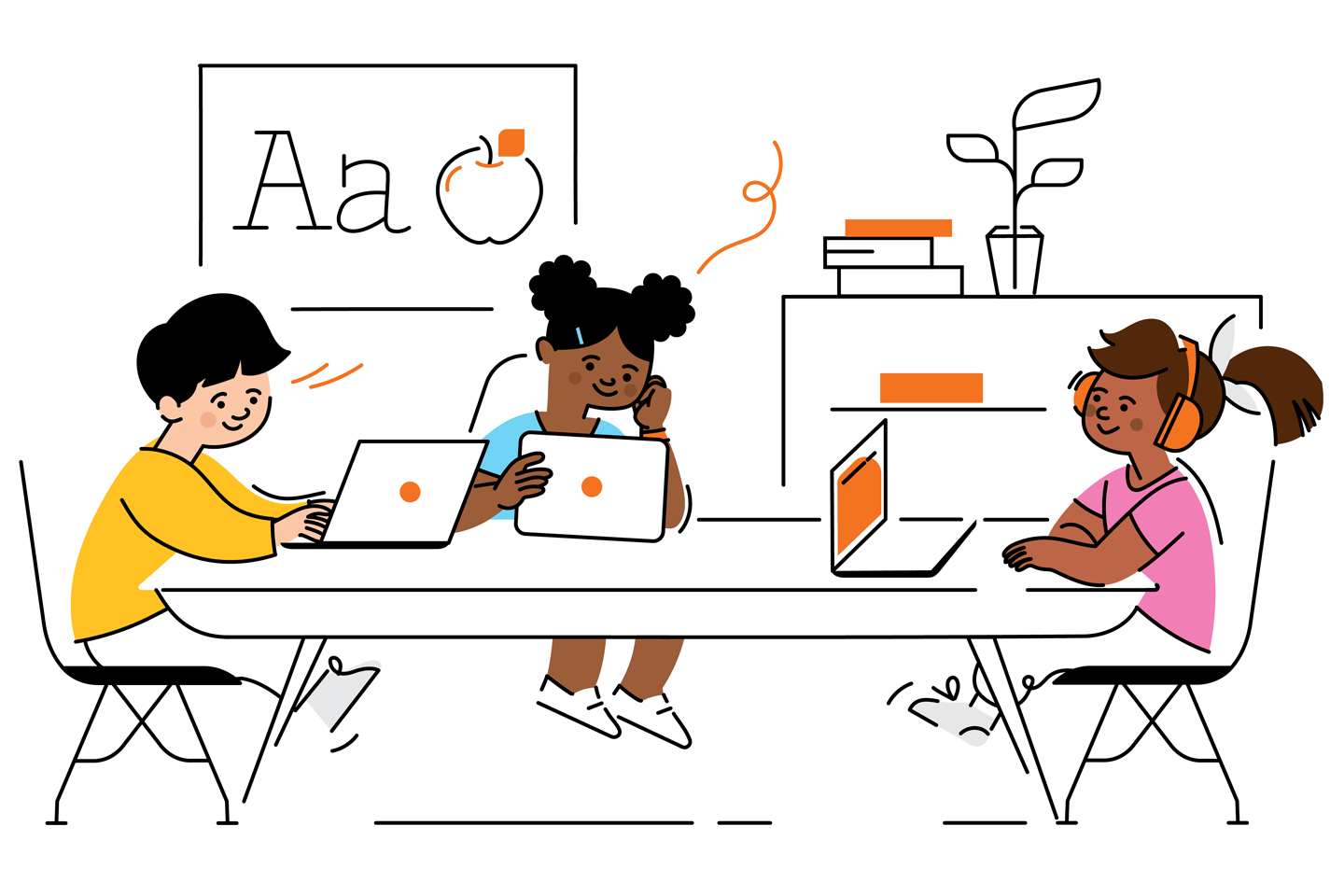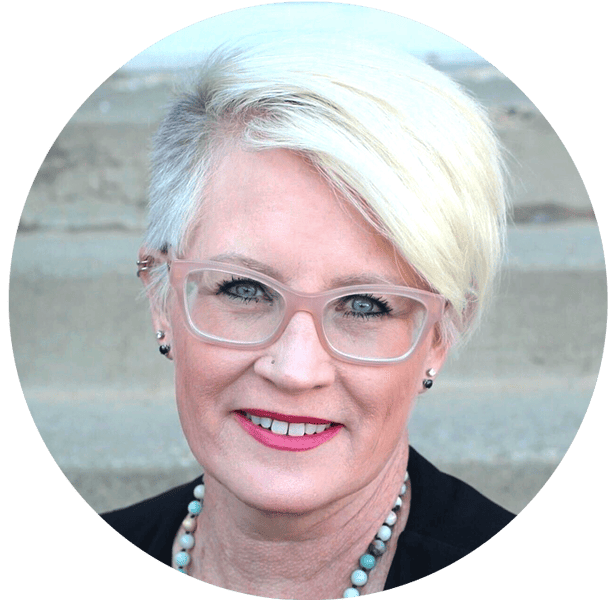
Identify Developmental Language Disorder in your classroom, with Tiffany Hogan, Ph.D.
In this episode of Science of Reading: The Podcast, Susan Lambert is joined by Tiffany Hogan, a professor at MGH Institute of Health Professions in Boston, who studies  the connections among speech and language and literacy across time in children. Together, Susan and Dr. Hogan explore the complexities of language, the components that form language, and the significance of language for literacy. Dr. Hogan explains Developmental Language Disorder (DLD)—its characteristics, its prevalence, and the challenges in recognizing it. She emphasizes the importance of supporting children with DLD and the role of educators in making a difference long-term. She also provides listeners with effective strategies for supporting children with oral language deficits, offers insights into the relationship between background knowledge and language, and answers questions from our listener mailbag.
Meet our guest(s):



